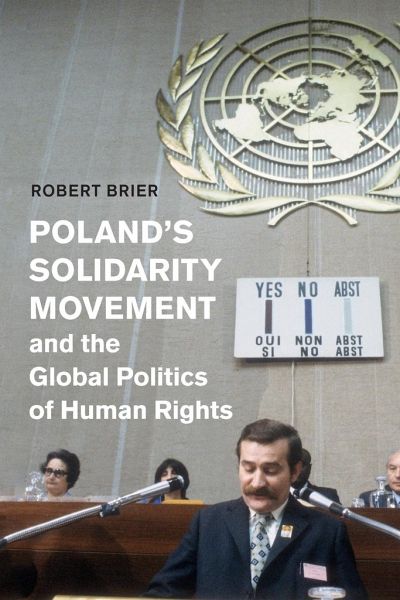
Poland's Solidarity Movement and the Global Politics of Human Rights
Versandkostenfrei!
Versandfertig in 1-2 Wochen
44,99 €
inkl. MwSt.
Weitere Ausgaben:

PAYBACK Punkte
22 °P sammeln!
Robert Brier examines how human rights emerged as the dominant political language of our time. By showing how Polish dissidents were entangled in international debates on human rights and political resistance, he demonstrates how human rights became a contested source of legitimacy.














